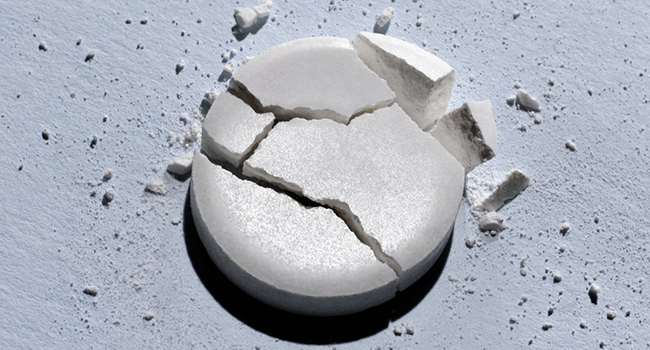Drugs are chemicals that change the way the body functions. Drugs can include illegal drugs, prescription drugs, marijuana, alcohol and even caffeine. Since drugs change the way your body works, they are not safe to take, especially without know the side effects and consequences that go along with using drugs.
Prescription drugs are still dangerous, even though they are not “illegal drugs”. However, taking prescription medications without a prescription is illegal. There is a reason medications are regulated by doctors and pharmacists. So even though they are not “illegal drugs”, they are still illegal to take and can be life threatening if not taken as prescribed by a medical professional. Therefore, legal trouble could ensue from taking these drugs if one takes them without a doctor legally prescribing the medication to them specifically. Using prescriptions drugs in a manner that they have not been prescribed can be dangerous for one’s health. These medications can cause slowed breathing, mood alterations and even decreased brain functioning, especially when not taken properly. Comas and seizures are also possible when using prescription medications outside of the scope of how they are intended to be used. Prescription pain medications are also highly addictive, especially when used for purposes they are not designed for. One’s body can be physically hooked on the substance and crave it when they do not have it. Dependence and withdrawals from these substances can be dangerous and even life threatening also. Accidents also increase while taking non-prescribed medications. Car accidents become more common because brain functionality is inhibited while taking these sorts of drugs. These drugs can also decrease your judgment, therefore, putting people taking these drugs in unsafe situations. Prescription medications are dangerous for many reasons when not used properly.
Marijuana can damage your health. Although many still debate this topic, marijuana can be addictive. Addiction is defined by not being able to stop using a substance despite it having negative consequences on the person’s everyday life. Some become addicted to marijuana and others do not. However, smoking marijuana also opens the door to use other drugs. Marijuana also has many other negative health effects. Smoking marijuana, especially in the teen years, can also cause impairments in brain performance. Marijuana use is linked to poorer memory and can causing problems with learning information. Furthermore, smoke inhalation is always dangerous for one’s lungs. Therefore, the American Lung Association, among others, cautions individuals from smoking marijuana due to the risks of damaging one’s lungs.
If someone you know overdoses, call for help! If you are with someone who is doing drugs and they lose consciousness or stop breathing, call emergency services immediately, even if you have been taking drugs and are afraid you will get in trouble also. You could save the person’s life and those benefits far outweigh the potential negative ramifications that could happen to you or your friend. An additional alternative would be to call a poison control center to determine if you can do anything to help the person immediately. If the person has stopped breathing or you cannot find a pulse, begin CPR. Also, if you still have the drug the person was taking, present the drug to the emergency service workers or take them to the hospital with you, so they will know exactly what the individual took.
Treatment can help you, and you should use it when you need it. Treatment can help decrease and eliminate drug use. Receiving professional help to overcome an addiction is much more beneficial than trying to beat the problem through your own endeavors. If you cannot stop using drugs, even when you wish you could, or it interferes with your everyday life, such as school or work, you should seek professional treatment for you drug abuse problem. If you have repeated negative social consequences that affect your daily life and have lost interest in hobbies you previously enjoyed, your drug use is interfering with your daily life to the point you should seek treatment. If you find yourself in recurrent dangerous situations, it may be necessary to pursue professional help also. Find a treatment program that will meet your specific needs. Treatment programs will aid you in developing positive coping skills to deal with situations as they arise instead of using drugs to deal with them. Consult with your family and friends if you are unsure whether or not you require a treatment program, or if you are nervous about beginning treatment for a drug abuse problem.
Rehabilitation for young people has proven effective also. Addiction is an issue that needs to be taken seriously and can be a life threatening problem. Drugs are dangerous for many sorts of reasons. If someone you know has a problem with drugs, please seek treatment to help with that drug abuse issue.














